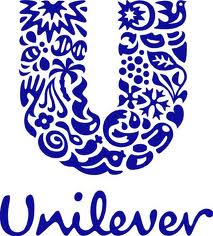What happens when 100% of your current assets are financed by 100% of trade liabilities? Your damn right to have negative working capital. On a flip side which by the way is the right side, returns on equity is also likely to be very high.
Unilever Nigeria Plc (The Group) released its full year 2012 Audited Accounts with revenue rising 1.5% to N55.47 from N54.7billion posted at the end of 2011. Operating Profit rose slightly (16%) to N8.9billion in 2012 against N8.3billion (15%) in 2011. Profit after tax attributed to the group rose 1.5% to N5.7billion for the year. The profit after tax of N5.6billion helped steady its return on average equity to 40.73% for the year lower that 41.3% posted in 2011. Fora company to post this sort of ROAE will have to mean the business is largely financed by cheap loans or with very cheap credit such as trade payables. The latter is obviously the case here.
Unilever also post a Return on Average Asset of 25.9% and turns over its inventory 4.5years annually. The company has very little long term loans preferring only overdrafts to finance working capital shortfalls helping with a cash in bank of about N1.8billion. Stats such as this can mostly be found in foreign run and owned entities and so one is not surprised.
Unilever has proposed a dividend payout of N1.40 per share (same with 2011) and represents a yield of about 2.6% and 100% in dividend payout ratio. In other words, the group is paying out all of its earnings this year as dividend. Unilever currently trades at N53.75 and has risen 88% in the last one year. It currently has a P.E ratio of about 30X, way above its underlying growth potential and ostensibly overvalued. But with stats like this, very few investors will not want to have this stock in their portfolio.
Unilever Audited Accounts as Posted on the website of the NSE
